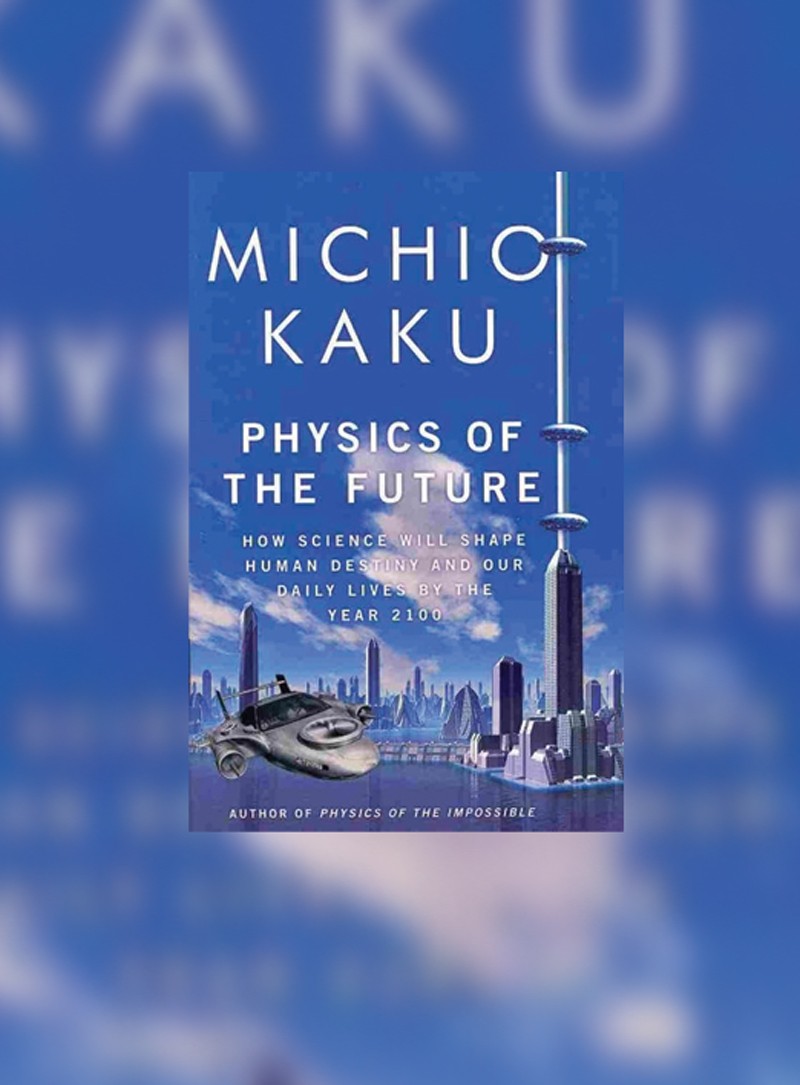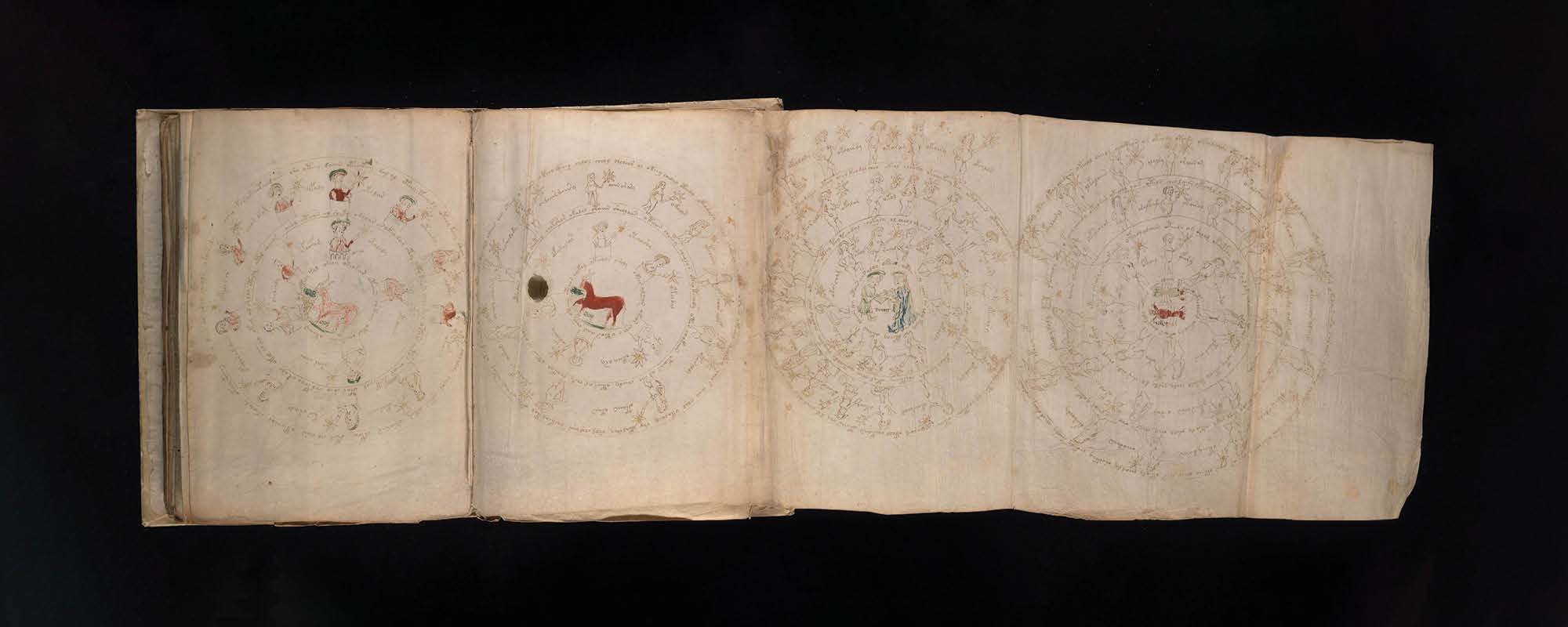Space elevators, internet-enabled contact lenses, magnetically levitating driverless cars, limitless energy, Jedi-like powers, the future has it all. Michio Kaku paints a bright, beautiful picture of our future in Physics of the Future: How Science Will Shape Human Destiny and Our Daily Lives by the Year 2100.
Kaku is one of the founders of string theory. For this book he interviewed over 300 leading scientists and engineers, which make up its scientific backbone. Married to scientific rigour Kaku brings a well written and beautiful turn of phrase to scientific principles clearly explained. Reading it will teach you new things. At the same time, you’ll experience the world through a writer who clearly sees everything through a different lens — a true visionary.
He doesn’t hold back his punches, ‘by 2100, our destiny is to become like the gods we once worshipped and feared.’ After that statement you would imagine his predictions would be pretty out of this world. Some are, but this is where those interviews come in handy; he backs them up with solid science explaining why they will happen. Rivetting.
He starts off the book with a lengthy explanation on why his predictions are right and why many others failed. The reason? Simple: evolution, ‘whenever there is a conflict between modern technology and the desires of our primitive ancestors,’ writes Kaku, instinct wins every time. It is ‘the Cave Man Principle’. While making sense this discussion makes for a somewhat dragging read, we really just want to know about the cool inventions of tomorrow.
He tackles the upcoming years topic by topic, mind over matter, rise of the machines, energy from the stars and in each section he takes that idea apart giving its background and some great discussions such as: will robots take over the world or who is best: man or machine? Then he goes into his predictions, Near Future (present to 2030), Midcentury (2030 to 2070), Far Future (2070 to 2100). Nicely structured, but again makes for a slightly repetitive and somewhat dragging book.
If you’re a researcher you might notice that he will miss a few ideas in your field. Considering the book’s breadth, I find the research and knowledge of the author to be remarkable. The amount of information he packs into its pages is astounding.
It is probably one of the better prediction books out there, a nice read. However, you might be pretty familiar with its ideas if science magazines, case in point, are your cup of tea.






Comments are closed for this article!